
*************
*************

Intro to Literary Studies
ENG 3822.005|R. Adams.|Req|Distance Learning|Online Live Lecture|W 7:10pm-10:00pm
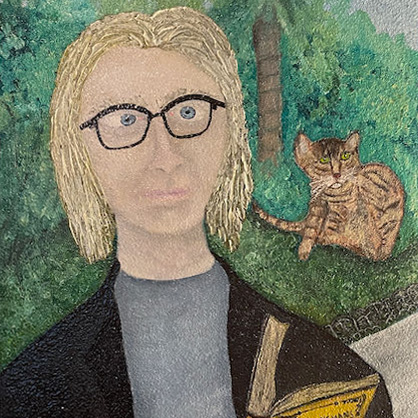
In this introduction to literary studies course, we will be reading poetry and fiction from fifteen British and American writers, with a focus on modern and contemporary literature. Among the authors included are Lucia Berlin, James Purdy, Somerset Maugham, Sylvia Plath, Patricia Highsmith, Gwendolyn Brooks, and Danez Smith. The course will emphasize issues of genre, reader-response, alternative worldviews, existential awareness, imaginative sympathy, and the relationship of lived experience to artistic expression. The coursework will consist of weekly short-answer quizzes and three assigned essays. This course will be taught via zoom online. The lecture-discussions also will be recorded and posted under the zoom tab on Canvas and it is possible to take the course entirely as an asynchronous course at your own pace, although bonus points will be available to those who attend and take the quizzes in real time.
Literary Theory
LIT 3213.002|T. Hagood|Req|Distance Learning|Fully Online Class
Introduces various schools of critical and literary theory to bear upon the interpretation of literary texts, such as new criticism, psychoanalysis, myth studies, poststructuralism, phenomenology, feminism, postcolonialism, Marxism and more.
Intro to Literary Studies
ENG 3822.004|S. Lettman|Req|Boca Raton|In-Person|W/F 12:30pm-1:50pm
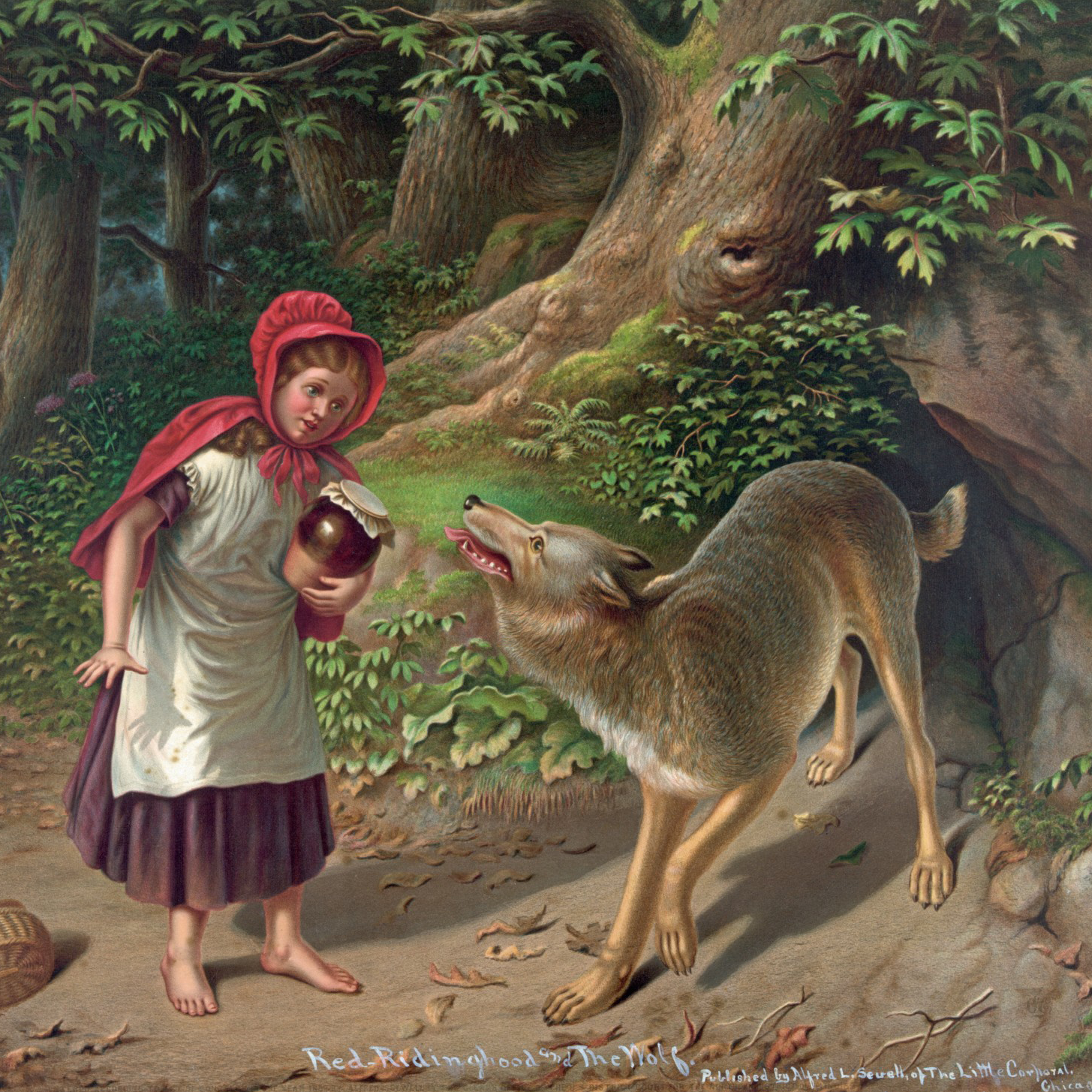
We will focus primarily on fairy tales across different genres and time periods in this English major gateway course. You will be introduced to literary tools that will aid in your close reading of the assigned literary texts. As instruments for analysis, you will be introduced to a number of theoretical ideas that will foster your interpretations beyond the aesthetic elements of the text. Your weekly critical response posts on Canvas will be one forum in which you will practice the skills of close reading, critical analysis, and writing when you reflect upon the assigned readings.
Literary Theory
LIT 3213.003|I. MacDonald|Req|Boca Raton|In-Person|W/F 9:30am-10:50am
This survey course will introduce students to the academic discourse surrounding science fiction in the academy. Focusing on the figure of the alien, students will read novels and short stories by authors including H.G. Wells, Stansilaw Lem, Nnedi Okorafor, J. Tiptree, and Nalo Hopkinson working to develop interpretations of what the extra-terrestrial represents, both metaphorically and symbolically, as it recurs in science fiction contexts.
***************

Asian Literature in English
LIT 4832.001|R. Adams|Cat 1|Distance Learning|Online Live Lecture|T 7:10pm-10:00pm
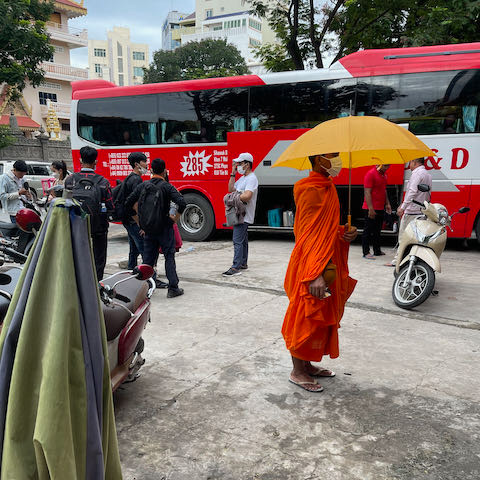
In this course, we will be reading poetry and fiction in English from seven contemporary Asian writers: Agha Shahid Ali, Quan Barry, Ted Chiang, Haruki Murakami, Ruth Ozeki, Anthony Vesana So, and Ocean Vuong. The focus in the course will be on alternative worlds and worldviews and the ethical challenges and existential opportunities afforded by them. The coursework will consist of weekly short-answer quizzes and three assigned essays. This course will be taught via zoom online. The lecture-discussions also will be recorded and posted under the zoom tab on Canvas and it is possible to take the course entirely as an asynchronous course at your own pace, although bonus points will be available to those who attend and take the quizzes in real time.
World Lit: Critical Approaches
LIT 4225.001|S. Balkan|Cat 1|Boca Raton|In-Person|T/R 2:00pm-3:20pm
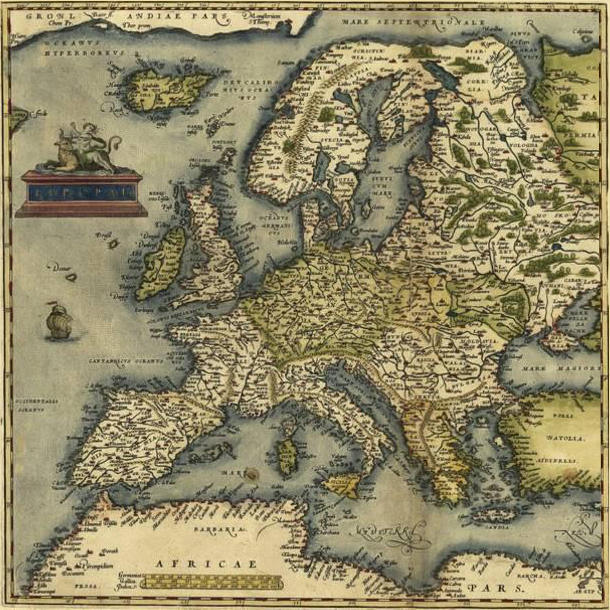
In this course, we will travel through historical moments guided by the stories that map our worlds and our political imaginations. We will seek to unsettle conventional categories of “world” as we carefully reorient ourselves in relation to the texts under study—novels, stories, and poems that demand a rearticulation of the so-called “archetype.” As we travel across continents, guided by Imbolo Mbue or Helena María Viramontes, we will consider the trajectories of power that they map and the aesthetic forms that are neither universal nor derivative, but materially and historically situated. We will begin with a consideration of the political stakes of “worlding” literature before embarking on a three-pronged journey: texts that map empire; stories that illuminate the sacrifice zones of our contemporary petrosphere; and narratives that demand a consideration of the role of energy in the construction, dissemination, and interpretation of aesthetic form.
Black Literatures
LIT 4355.001|S. Dagbovie-Mullins|Cat 1|Boca Raton|In-Person|T/R 9:30am-10:50am
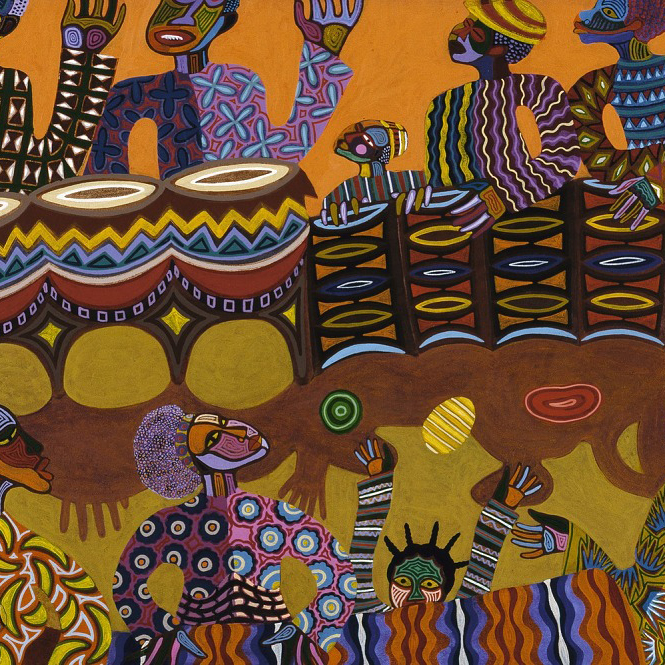
This course explores literature from the African diaspora; we read texts from Nigeria, Kenya, Haiti, and the U.S. (among other countries). A range of questions will guide our discussion including: What constitutes the African diaspora? What is the relationship between diaspora and nation? What are the connections between the African diasporas in the construction of a black identity? Upon completion of this course, students should be able to: understand what constitutes literature of the African diaspora
while recognizing the challenges in studying the African diaspora, understand the impact of the legacies of slavery and colonialism on the African diasporic community, pinpoint “Africanisms” in the literary expressions of African diasporic writers, and engage in comparative literary analysis.
African-American Lit to 1895
AML 4604.001|R. Fox|Cat 1|Boca Raton|In-Person|W/F 9:30am-10:50am
In August 2019, the 400th anniversary of the arrival of enslaved Africans on the shores of Virginia, The New York Times published The 1619 Project. According to the editors, the collection of writings “aims to reframe the country’s history by placing the consequences of slavery and the contributions of black Americans at the very center of our national narrative.” In pieces by Nikole Hannah-Jones, Jamelle Bouie, and Bryan Stevenson among others, scholars and activists analyze the relationship between slavery and contemporary financial, medical, and penal institutions.
Using The 1619 Project as a springboard for critical reading, this course examines the philosophical perspectives and worldviews embodied in early African American literature. Surveying oral traditions, poetry, short fiction, and prose produced before the turn of the twentieth century, participants in the class will consider the production contexts, literary attributes, and theoretical implications of some of the most important writing in the field.
Women and Literature
LIT 4383.002|R. Fox|Cat 1|Boca Raton|In-Person|W/F 12:30pm-1:50pm
The objective of this section of “Women in Literature” is to engage in the interpretation of representations of gender, especially black girlhood and womanhood, via close reading of several novels by Nobel Prize and Pulitzer Prize-winning author, Toni Morrison. Close reading requires careful attention in order to analyze the meaning and the effects of language, tone, imagery, style, and symbolism. Put differently, this course has been designed as a guide to reading Morrison’s fiction while sharpening your skills in comprehension, critical thinking, and analytical writing as it relates to matters of cultural identity and power. Focusing on one novel published during each decade of the late twentieth and early twenty-first centuries, the course will explore fundamental elements of fiction including plot, character, and setting, in addition to such themes as familial relationships, love, and death, alongside norms and boundaries of race, gender, class, sexuality, and ability.
Caribbean Lit in English
LIT 4192.001|S. Lettman|Cat 1|Boca Raton|In-Person|W/F 11:00am-12:20pm
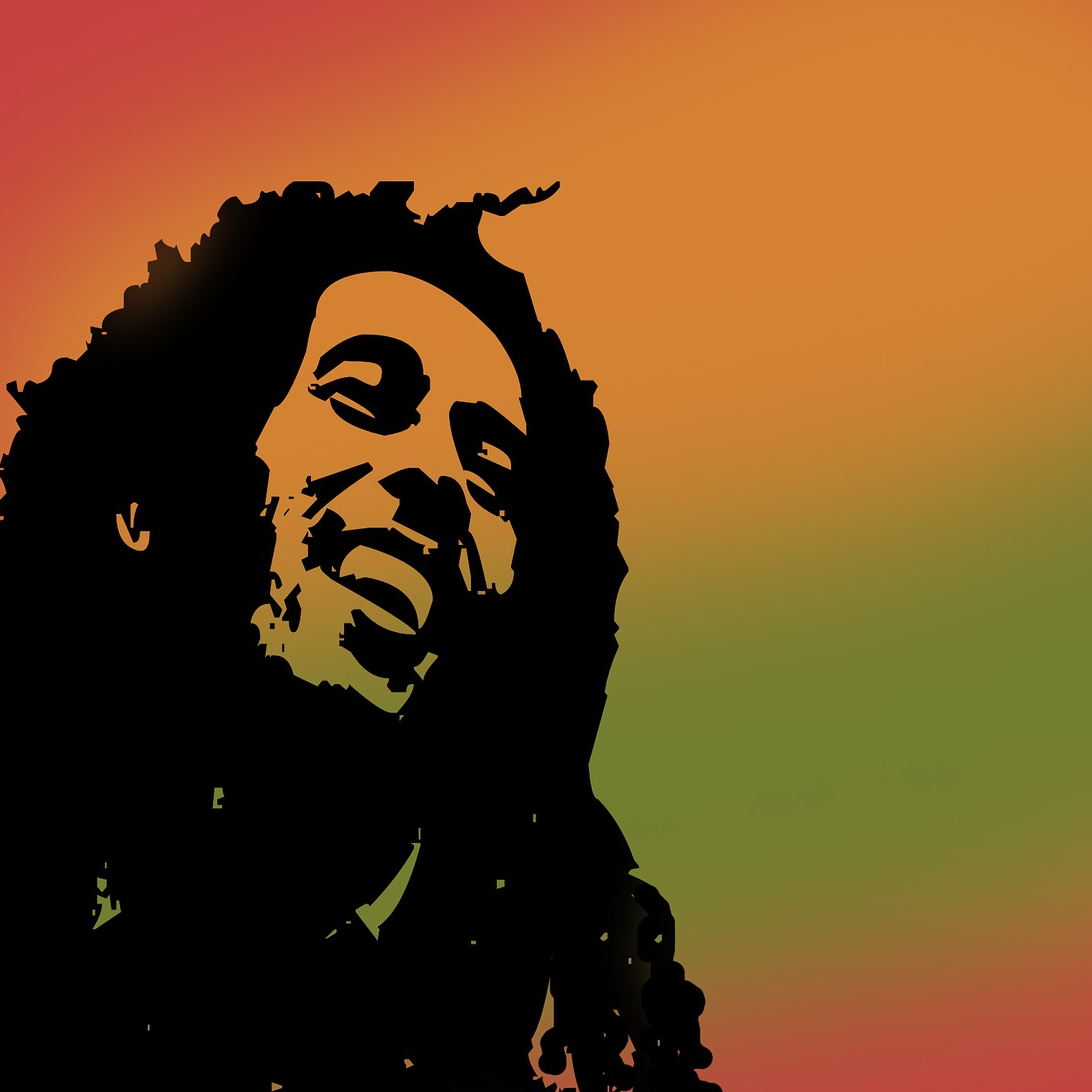
The Caribbean is a place of amazing music, diverse languages and ethnicities, enduring spiritual practices, and unparalleled foodways. It is also a place of economic dependency and social upheaval. In this class, we will learn about the Caribbean islands, beyond the myopic lens of the tourist’s perspective. We’ll pay attention to histories that shaped the islands while analyzing the oral poetics of Bob Marley and literary texts from Edwidge Danticat, Jamaica Kincaid, Michelle Cliff, Alejo Carpentier, Nicolás Guillén, Aimé Césaire, among others.
Honors Seminar
ENG 4932.001|K. Vado|Cat 1/Cat 2|Boca Raton|In-Person|T/R|4:00pm-5:20pm
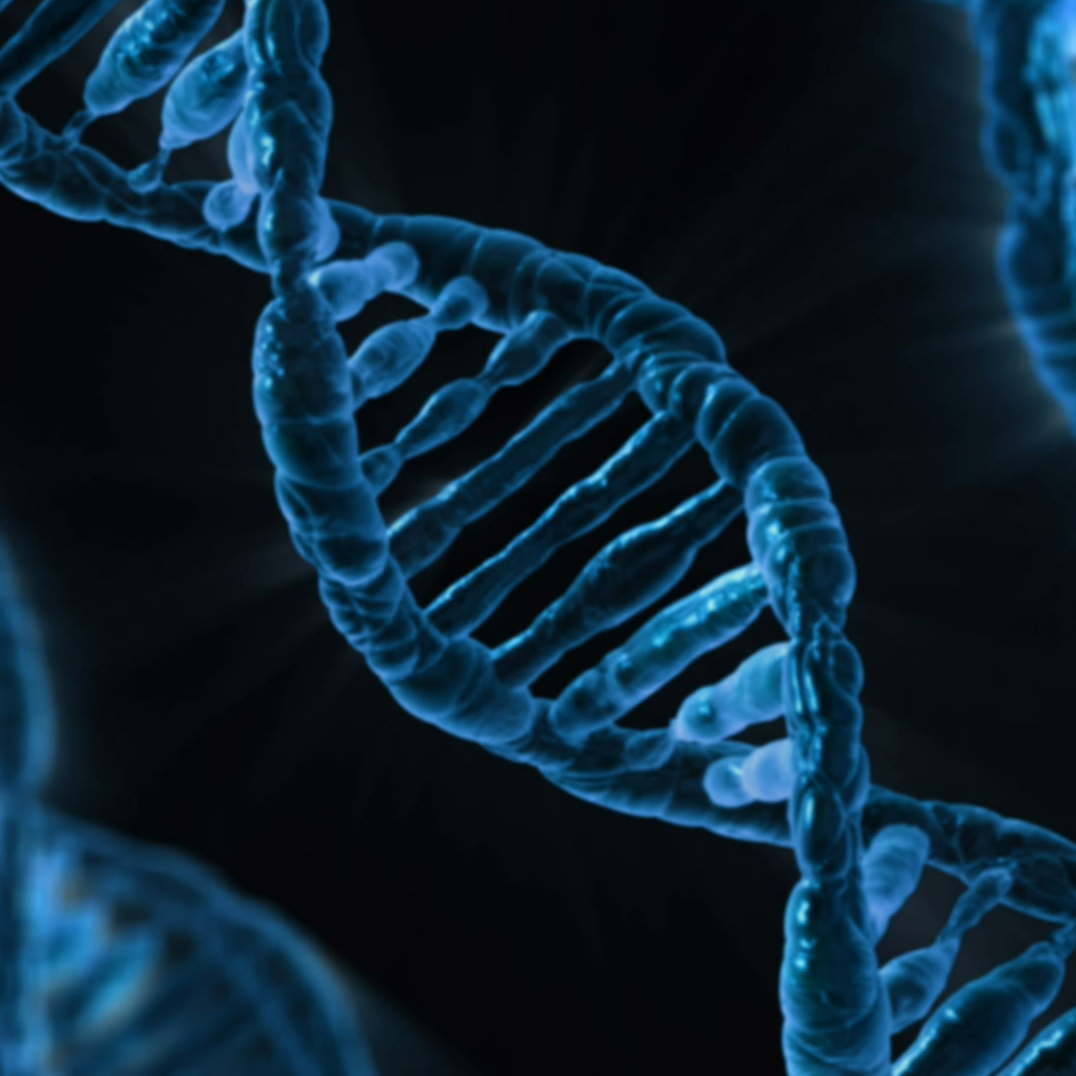
This course takes as its focus the literary and (pop) cultural productions of North American-based Black and Latinx science fictioneers and their generative confrontations with the genre’s fraught colonial, gendered, and racialized technoscientific origins. By combining the rich insights of Black and Latinx Studies, Science Fiction Studies, and Science and Technology Studies, we will consider how Black and Latinx science fictioneers, past and present, appropriate the idioms of science and technology to (1) challenge essentialist narratives of gender, race, and sexuality and (2) to fashion non-normative and/or emancipatory (re)configurations of “gendered,” “raced,” and “sexed” bodies in their speculations of the future. Moreover, we will interrogate how (and to what end) sci-fi writers such as Octavia E. Butler, Nalo Hopkinson, Ernest Hogan, Janelle Monáe, and Silvia Moreno-Garcia, among others, complicate, reconceptualize, and expand the contours of the “science” in science fiction.
American-Indian Literature
AML 4640.001|D. Medina|Cat 1|Boca Raton|In-Person|T/R 12:30pm-1:50pm
Interpretation of traditional oral narratives, songs and oratory as well as contemporary fiction and poetry. Emphasizes both cultural continuity and creative adaption of Euro-American presence.
**************************

Victorian Literature
ENL 4251.001|R. Adams|Cat 2|Distance Learning|Online Live Lecture|R 7:10pm-10:00pm
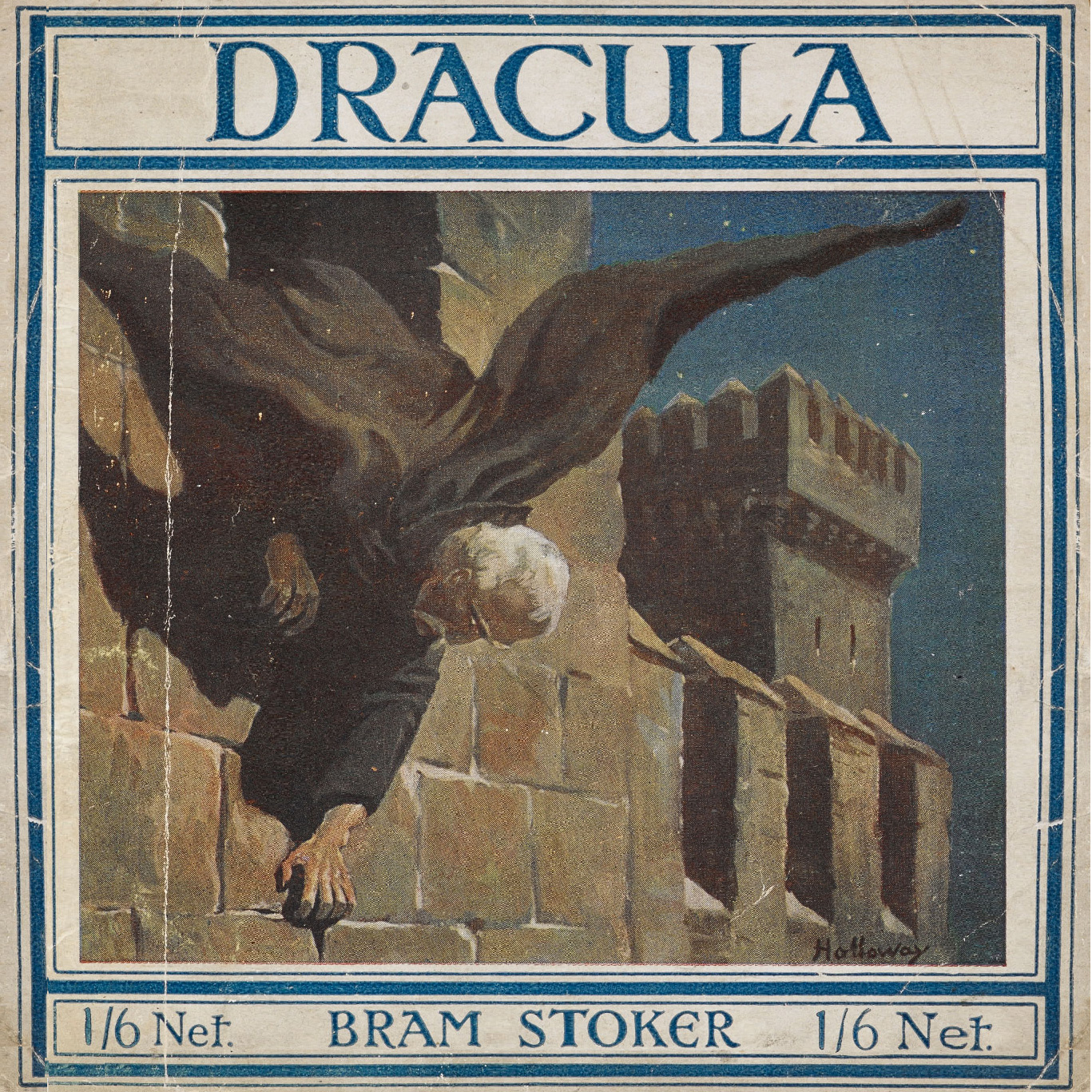
In this course, we will be reading British and Irish poetry and fiction from the Victorian period. We will read Alice’s Adventures in Wonderland, Dracula, The Strange Case of Dr. Jekyll and Mr. Hyde, Kim, The Picture of Dorian Gray, the fairy tales of Oscar Wilde, and the poetry of Tennyson, Lear, Swinburne, and Yeats. The emphasis in the course will be on the relation of genre to reader response and on the sympathetic imagination required to enter other worlds and appreciate other worldviews. The coursework will consist of weekly short-answer quizzes and three assigned essays. This course will be taught via zoom online. The lecture-discussions also will be recorded and posted under the zoom tab on Canvas and it is possible to take the course entirely as an asynchronous course at your own pace, although bonus points will be available to those who attend and take the quizzes in real time.
Major American Writers 20th C
AML 4321.001|T. Hagood|Cat 2|Distance Learning|Fully Online Class
Works representing main currents of modern American thought and literature.
Science Fiction
LIT 3313.001|I. MacDonald.|Cat 2|Boca Raton|In-Person|W/F 12:30pm-1:50pm

This survey course will introduce students to the academic discourse surrounding science fiction in the academy. Focusing on the figure of the alien, students will read novels and short stories by authors including H.G. Wells, Stansilaw Lem, Nnedi Okorafor, J. Tiptree, and Nalo Hopkinson working to develop interpretations of what the extra-terrestrial represents, both metaphorically and symbolically, as it recurs in science fiction contexts.
Modern Poetry
LIT 4032.001|S. Mitchell|Cat 2|Distance Learning|Online Live Lecture|T/R 2:00pm-3:20pm
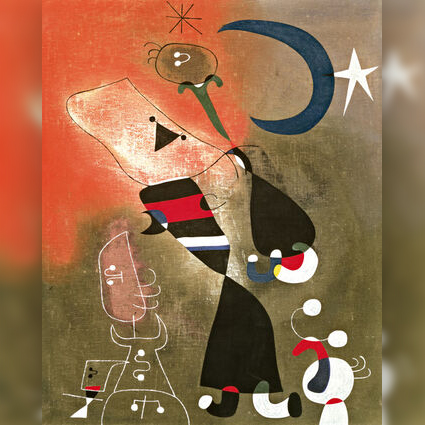
Ezra Pound’s fiat ‘Make it new!’ sums up the preoccupation of many poets, visual artists, composers, and choreographers in the Modern Period, which falls roughly between Word War I and World War II. During this period for many poets a new aesthetic emerged which embraced fragmentation, disjunction, difficulty, dislocation, destabilization, and globalization or internationalism. Modern poets emphasized the importance of the imagination, which supplanted religion, with its many alternate worlds. Modernism is also characterized by a series of movements which erupted with tremendous energy, only to be replaced by still newer movements: symbolism, imagism, vorticism, objectivism, futurism, and the Harlem Renaissance (which drew on the blues, “folk” culture, and creoles). The poet John Ashbery (1927-2017) spoke of Marianne Moore as “our greatest modern poet,” while other poets and scholar-critics have pointed to W.B. Yeats as the greatest poet of the twentieth century. Besides these two “greats,” we shall read and discuss other “greats”: Ezra Pound, T.S. Eliot, Gertrude Stein, Mina Loy, Hart Crane, H.D. (Hilda Doolittle), Robert Frost, and W.H. Auden.
Modern Drama
LIT 3043.001|J. Ulin|Cat 2|Distance Learning|Online Live Lecture|T 4:00pm-6:50pm
Traditions in dramatic literature: Realist, Naturalist, poetic, experimental (absurdist, etc.).
American Literature to 1865
AML 2010.001|TBA|Cat 2|Boca Raton|In-Person|T/R 9:30am-10:50am
An overview of American literature, including representative writers of the Colonial, Enlightenment and Romantic periods.
max of 2 courses (6 credits) can be in lower division for the entire major
British Literature to 1798
ENL 2012.001|C. Thomas|Cat 2|Boca Raton|In-Person|T/R 12:30pm-1:50pm
Major works, writers and movements of early British literature.
max of 2 courses (6 credits) can be in lower division for the entire major
Honors Seminar
ENG 4932.001|K. Vado|Cat 2|Boca Raton|In-Person|T/R 4:00pm-5:20pm

This course takes as its focus the literary and (pop) cultural productions of North American-based Black and Latinx science fictioneers and their generative confrontations with the genre’s fraught colonial, gendered, and racialized technoscientific origins. By combining the rich insights of Black and Latinx Studies, Science Fiction Studies, and Science and Technology Studies, we will consider how Black and Latinx science fictioneers, past and present, appropriate the idioms of science and technology to (1) challenge essentialist narratives of gender, race, and sexuality and (2) to fashion non-normative and/or emancipatory (re)configurations of “gendered,” “raced,” and “sexed” bodies in their speculations of the future. Moreover, we will interrogate how (and to what end) sci-fi writers such as Octavia E. Butler, Nalo Hopkinson, Ernest Hogan, Janelle Monáe, and Silvia Moreno-Garcia, among others, complicate, reconceptualize, and expand the contours of the “science” in science fiction.
Milton
ENL 4341.001|C. Chenovick|Cat 2 (pre-1800)|Boca Raton|In-Person T/R 11:00am-12:20pm
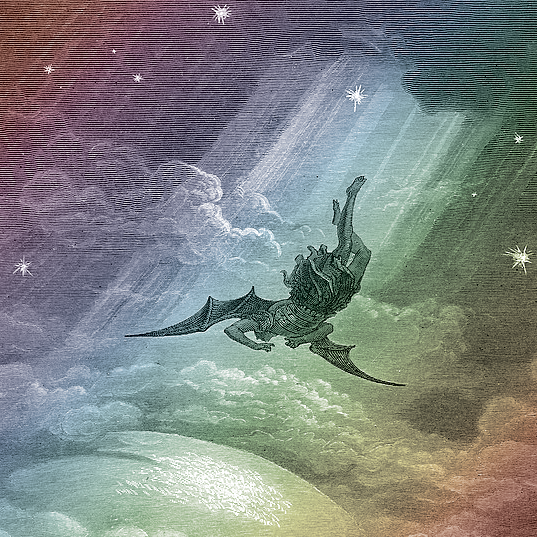
The seventeenth-century poet John Milton is a complex figure. Lauded by some as the greatest poet to write in English, he experienced and responded to some of the most dramatic political upheavals on English soil, including the English Civil Wars, the execution of King Charles I (which Milton defended), and the restoration of the monarchy. Milton has been praised by some as an ardent supporter of free speech, democratic government, and freedom of divorce at a time when it was radical and dangerous to espouse these views, but he has also been criticized by some for misogynistic portrayals of women, most notably in his divorce tracts and his epic poem Paradise Lost. This course will examine Milton’s complicated work and legacy by placing his poetry, prose, and drama in relation to its contemporary political, scientific, and theological contexts and reading it alongside less-studied work by seventeenth-century women writers such as Margaret Cavendish, Aemilia Lanyer, and Rachel Speght.
Shakespeare
ENL 4333.001|E. Stockard|Cat 2 (pre-1800)|Distance Learning|Online Live Lecture|W 4:00pm-6:50pm
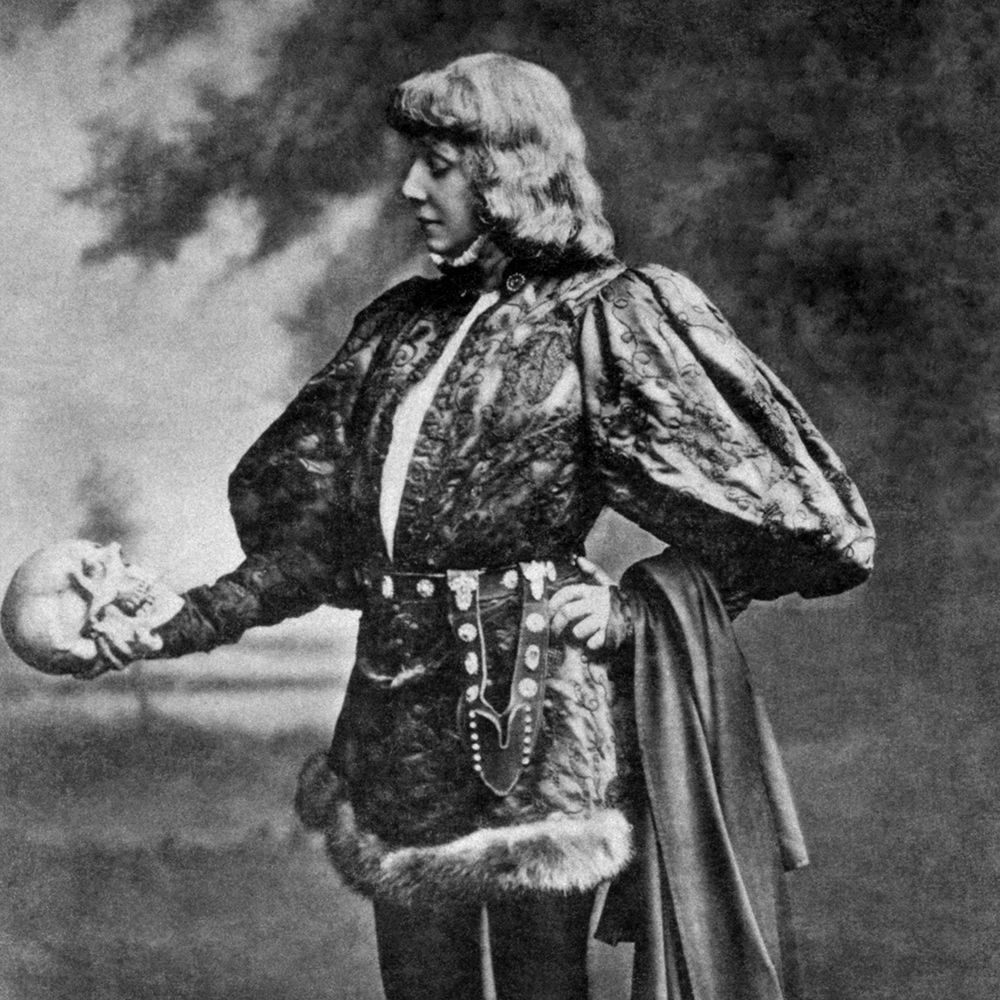
We will read nine plays by Shakespeare, with representative examples selected from his comedies, tragedies, and histories. Class discussion, which will focus very closely on the texts, will be accompanied by a generous supplement of video clips from a range of productions, including a cross-dressed staging. We will also screen a Bollywood adaptation of Othello. Among the perhaps unfamiliar contexts within which we will consider these plays are the concept of concordia discors, the conventions of Petrarchan love, and the history of the Wars of the Roses.
Medieval Literature
ENL 4210.001|C. Thomas|Cat 2 (pre-1800)|Boca Raton|In-Person|T/R 9:30am-10:50am
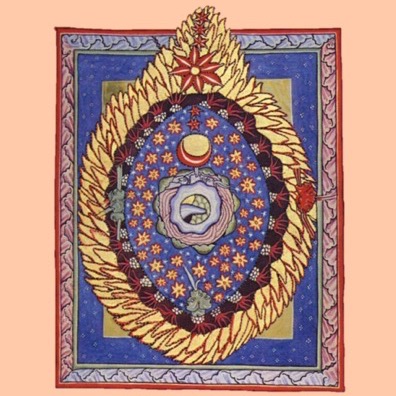
The British Middle Ages were more than just dragons and heroic boasts (Beowulf ) or headless knights and castle seductions (Sir Gawain and the Green Knight ). In this course, we'll read a poetic reimagining of the Siege of Jerusalem in 70 CE, a French proto-feminist treatise, Old English poetic meditations on the body and soul, a Middle English romance, irreverent Old English riddles, a classical Arabic travel narrative, multilingual dream visions, a bawdy Middle Scots poem, and more. The literatures that we'll cover include texts in classical Arabic, Old and Middle English, Middle Scots, Middle Welsh, Old Irish, Medieval Latin, Old Norse, French of England, and Old French, which means our texts won't be confined to the British Isles but include more of the North Atlantic and Middle East. The Middle Ages was never a monochromatic reality, but rather, a dynamic period filled with multilingual, multicultural, and interfaith exchange, resulting in great literary and artistic production.
*******************

Creative Writing
CRW 3010.001|A. Furman|Cat 3|Boca Raton|In-Person|W/F|2:00pm-3:20pm
This is an introductory course on the writing of literary short fiction and poetry. From the course catalog: “Guidance and criticism for beginners in writing prose fiction and poetry.” The course will help students to further understand and master the elements of fiction and poetry through: writing of original work, focused readings on craft, workshopping of peer work, and analysis of successful, published stories and poems. The course offers students the rare opportunity in college to create, learn from, and enjoy a community of writers.
Creative Writing
CRW 3010.002|A. Bucak|Cat 3|Boca Raton|In-Person|T/R 11:00am-12:20pm
This is an introductory course on the writing of literary short fiction, creative nonfiction, and poetry.
Creative Writing
CRW 3010.003|J. Schwartz|Cat 3|Boca Raton|In-Person|W|4:00pm-6:50pm
Guidance and criticism for beginners in writing prose fiction and poetry.
Structure of Modern English
LIN 4680.006|W. Kelly|Cat 3|Boca Raton|In-Person|W/F|11:00am-12:20pm
Using elaborate tree diagramming and Chomskyan linguistic theory, the course will teach students to describe the structure of Modern English sentences. The textbook is Max Morenberg’s Doing Grammar.
Fiction Workshop 1
CRW 4120.001|J. Schwartz|Cat 3|Boca Raton|In-Person|R|4:00pm-6:50pm
Concentrates on essentials of the short story form through emulations of varied modern authorial styles. Point of view, narrative form, voice, creating characters, tone and atmosphere are some of the topics covered. Students write several stories, revise and critique. Reading consists of single-author collections and anthology selections. Course may be repeated for credit once.
Literary Editing and Publishng
CRW 4723.003|A. Stagliano|Cat 3|Boca Raton|In-Person|M|4:00pm-6:50pm
This course offers a combination of theoretical background and practical, hands-on experience in the field of literary magazine editing and publishing. Students produce Coastlines, FAU's undergraduate literary journal. Duties include evaluating submissions, editing, publicity, research, budget proposals and more.
Professional Writing
ENC 3213.005|A. Stagliano|Cat 3|Distance Learning|Fully Online Class||
This course assumes that every act of communication is an act of articulation. When you communicate in your profession, you articulate who you are as a professional in your field, the character of the organization of which you are a part, and even what your profession is on the whole. Even the most mundane communicative acts in your profession, like sending an email or composing your resume, either reproduce or reinvent what your profession is, what your organization is, and who you are as a professional.
This course will equip you to research, critique, and decide how to emulate or innovate on prevailing communicative standards in your field. You will leave this course with a sense of what your profession is, why it is important, and your own personal vision for its future and your contributions to that future. Likewise you will leave with a sense of how you want to present yourself as a professional in your field, and how to participate in the organizations that make it up.
Studies in Writing & Rhetoric
ENG 4020.002|A. Stagliano|Cat 3|Distance Learning|Fully Online Class||
In this course we will study and practice the art and rhetoric of designing documents, from pages in books, to posters/flyers, and everything else and in between. We will have two related goals with this course. First, to study and better understand how the way our information is presented to us influences how we receive that information, that is, its rhetorical capacities. Second, while we read about how document design can be rhetorical, we will practice making our own, in a variety of genres. Through all of this, we will also think about access, about how certain ways of presenting information are more accessible than others, and how our decisions in organizing our information are not just rhetorical but have ethical dimensions as well.
At the end of the class, you will have a deepened understanding and vocabulary for visual and material forms of rhetoric, as well as specific skills in typography, layout, and design.
Creative Writing: Nonfiction
CRW 4211.001|TBA|Cat 3|Boca Raton|In-Person|T/R|11:00am-12:20pm
Application of creative techniques to non-fiction subjects in essay and autobiographical writing. Includes study of works by master non-fiction writers and themes in non-fiction literature. Course may be repeated for credit once.
Professional Writing
ENC 3213.001|TBA|Cat 3|Boca Raton|In-Person|M/W/F|10:00am-10:50am
ENC 3213.007|TBA|Cat 3|Boca Raton|In-Person|W/F|2:00pm-3:20pm
Prepares the student to write professionally for audiences within and outside a corporation or nonprofit enterprise. Proofreading skills stressed.
Professional Writing
ENC 3213.008|TBA|Cat 3|Distance Learning|Fully Online Class
ENC 3213.009|TBA|Cat 3|Distance Learning|Fully Online Class
ENC 3213.010|TBA|Cat 3|Distance Learning|Fully Online Class
Advanced Exposition
ENC 3310.001|TBA|Cat 3|Distance Learning|Fully Online Class
A study of rhetorical techniques, including principles of classical rhetoric.